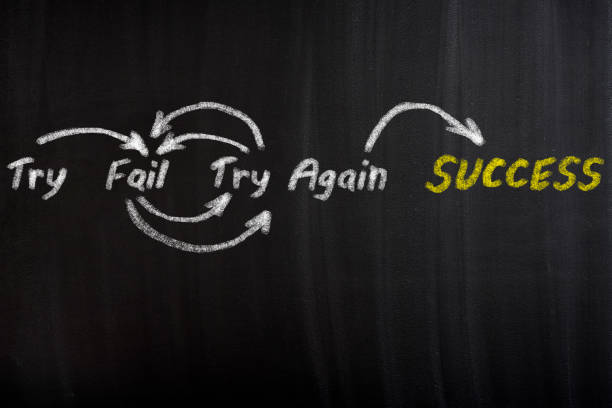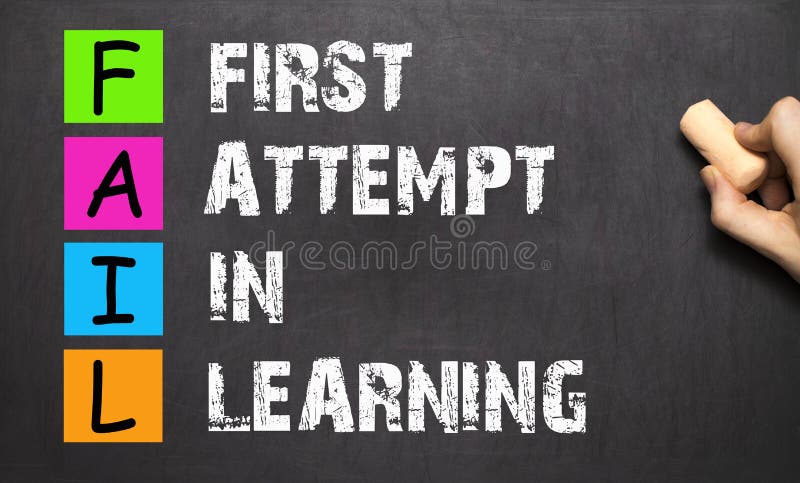Building Resilience Through Strategic Failure Analysis
Effective failure analysis involves more than simply acknowledging what went wrong. It requires a systematic approach to understanding the root causes, identifying patterns, and extracting actionable insights. Successful individuals and organizations implement structured post-mortem processes that transform setbacks into strategic advantages.
The key to productive failure analysis lies in maintaining objectivity while examining both internal and external factors that contributed to the outcome. This includes evaluating decision-making processes, resource allocation, timing, and environmental conditions. By developing a comprehensive understanding of failure mechanisms, we can create more robust strategies that account for potential obstacles and alternative pathways to success.
Moreover, building resilience requires cultivating a growth mindset that views challenges as opportunities for development rather than threats to self-worth. This psychological shift enables individuals to maintain motivation and creativity even in the face of significant setbacks, ultimately leading to more innovative solutions and breakthrough achievements.



